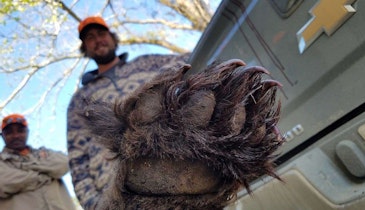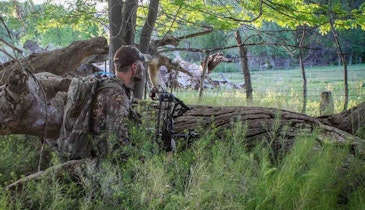LANSING, Mich. (AP) — Type C botulism has been diagnosed in wild waterfowl along the east arm of northern Michigan's Grand Traverse Bay and along Marsh Creek in Wayne County's Woodhaven.
Tests confirmed the condition after dead mallards were collected during the first week in July, state Natural Resources officials said Friday.
As of Thursday, about 20 mallards from Grand Traverse Bay and 50 from Wayne County were found dead from the condition.
Birds catch botulism by ingesting a naturally occurring toxin produced by bacteria in sediments beneath water bodies. Rising Great Lakes levels have created shallow-water areas on previously exposed mudflats, creating conditions for the bacteria to grow.
Dabbling ducks and other shore birds that feed in the sediments are vulnerable.
"This isn't rare," Michigan DNR pathologist Julie Melotti said. "Fortunately, type C botulism is not an immediate risk to humans, although pets, including dogs, could acquire the toxin if they were to eat a dead bird. So at this time, it's best to keep your dog on a leash."
The state said the cases are the first confirmed this year in Michigan. In the Great Lakes region, both type C botulism and type E botulism are reported annually, according to the DNR.
Typically, type E botulism occurs in fish-eating birds in the open waters of the Great Lakes.






